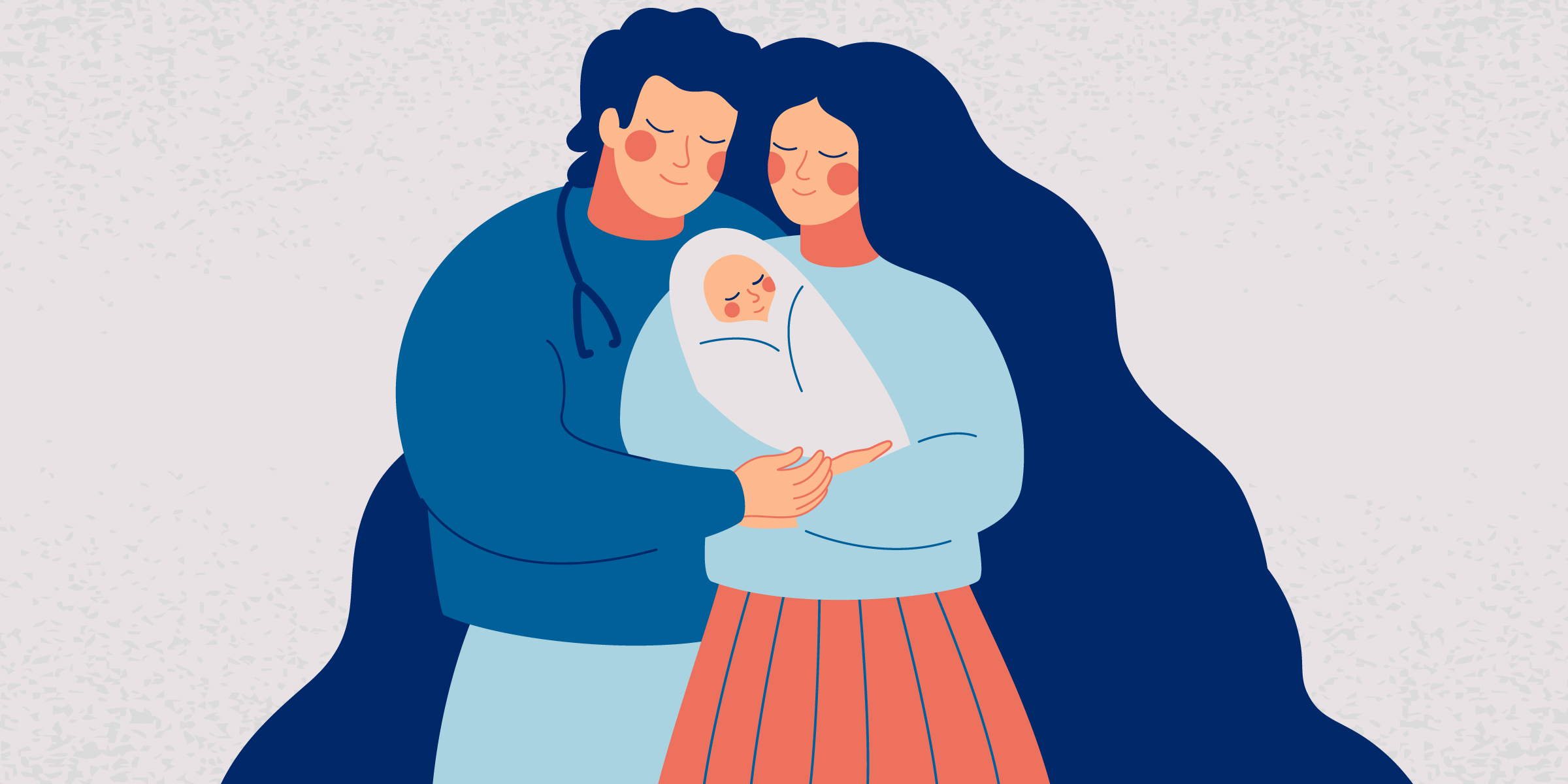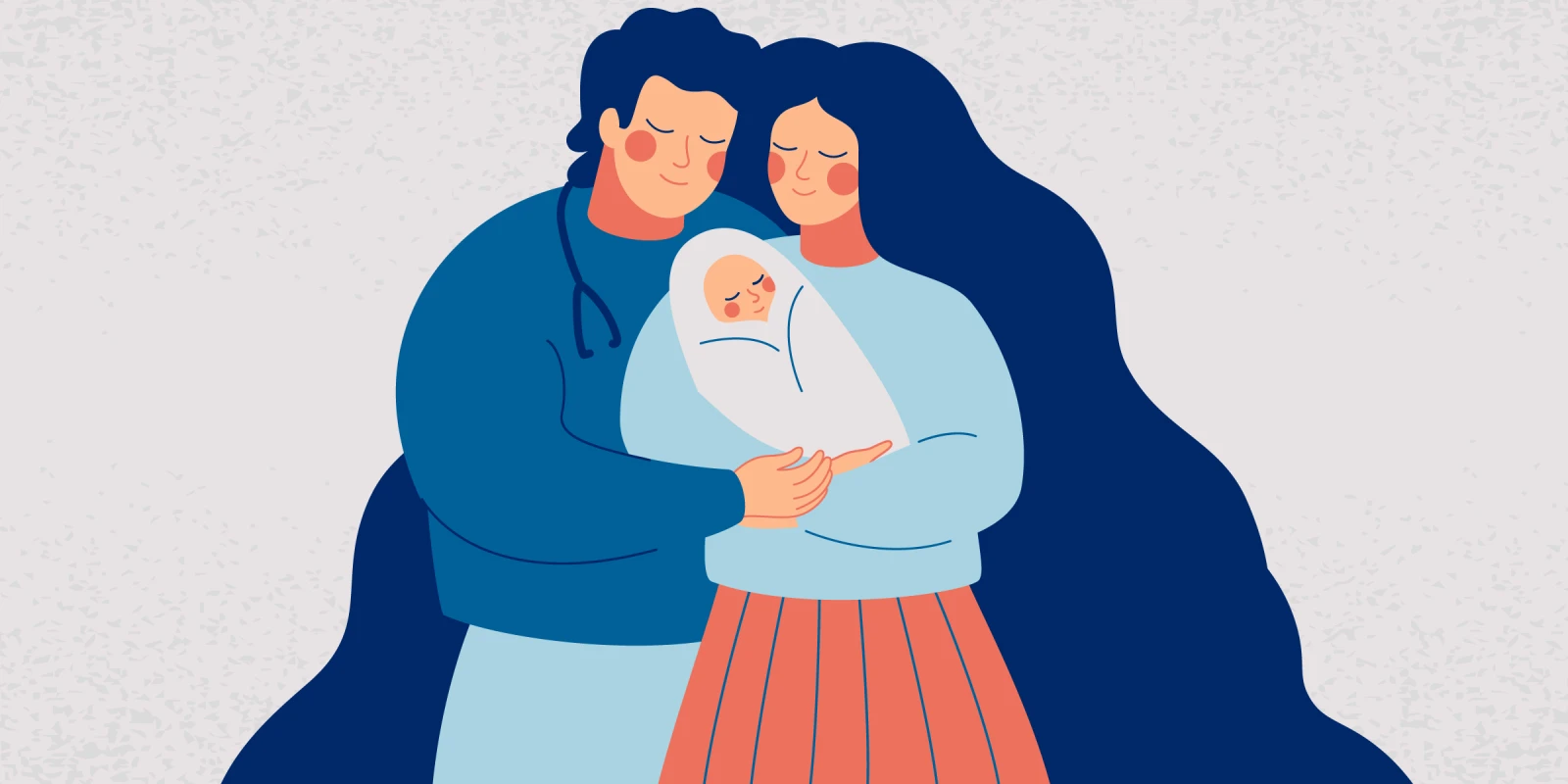
I’m ashamed to admit that as a fellow, I initially looked to the oncoming wave of COVID-19 with a perverse sense of eagerness and adrenaline rather than looming dread. After all, this was a disease that required specialized expertise in critical care and pulmonary medicine. It represented a lifetime of training that would finally pay off in my career. As a result, I felt like an imposter in Zoom meetings in early March. I heard the reports from New York, waited for the surge in Boston, outwardly expressed my grief at the horrors the disease inflicted on the city, and privately awaited my turn to see if I could help in any way.
What a cruel awakening it was when the patients started to come in. As a pulmonary and critical care fellow, I was privileged to obtain my own designated powered air-purifying respirator (PAPR) hood and put to work in our hospital’s first dedicated COVID-19 ICU. I was in the process of being put on the team that had the dubious distinction of treating not just the sickest, but also the “absolutely must-save patients”: The 48-year-old EMT rushed in from home after a shift. The ventilated 67-year-old grandma whose own daughter was just extubated across town. I continued to volunteer for risky procedures, such as starting patients on high flow nasal cannula or extubating patients myself, fervent in my belief that my youth would amount to some protection on top of the hospital-provided PAPR.
On my second day on the unit, another “must save” young patient was quickly directed to our COVID-19 ICU. It was a 30-something man of Indian descent whose wife was eight months pregnant. It was a gut punch. I was a 30-something man of Indian descent whose wife was eight months pregnant. My feeling of invincibility quickly evaporated and was replaced with doom and apprehension. Uncertainties had started to creep up along with a sense of my own mortality, which I had never dealt with before. At my wife’s obstetrician’s recommendation, I booked a hotel for my remaining ICU shifts, lest our baby come early. Not only were we worried for his safety once out of the womb, but we were told my wife could be separated from him if she tested positive and given to a “responsible adult.” Given our closest family was across a closed Canadian–U.S. border, we didn’t want to find out what a “responsible adult” might be.
Work was still mentally stimulating and rewarding, but a cavernous fear began to overtake me. As I continued to work in the unit, feelings of guilt started to overwhelm me — especially when we gave end-of-life updates to loved ones of patients via tablets. End-of-life discussions were largely why I went into this specialty — there is something so intensely personal and humbling about being involved in the final moments of a loved one and their family. Depriving families of these moments made me feel as though I fell short as a physician. I was made more acutely aware of this as we tried to give families some private time with their loved ones over the din of a loud PAPR machine through a small iPad, to those who could not say goodbye in person. It was devastating seeing our patients die alone, and infuriating to see news reports where officials would flout mask rules at hospitals when people couldn’t even be there for their friends and families’ last breaths.
Two weeks before my wife’s due date, my program director and co-fellows made a schedule that pulled me from all inpatient care to ensure I could quarantine with my wife before our baby’s arrival. As expected, I was grateful. But instead of quelling my guilt, it only exacerbated it. I often texted co-fellows and asked if they didn’t need me to cover a shift — they emphasized that they would be fine. My stoic, data-driven demeanor had devolved into a raging mess of guilt, helplessness, and frustration. I only dealt with a fraction of the uncertainty my patient’s families contended with every day, and my composure was found wanting.
Then in early May, our son was born. I was blissfully happy with our growing family, isolating together in our apartment in a love-filled nest of cuddles, hugs, and kisses. The uncertainties I felt the last month were still there, but they seemed less intense and more trivial. I started to accept the things I couldn’t change and focused on the things I could. Fellowship had trained me in some perverse ways to care for a newborn: I made sure he was breathing, had bowel movements, had adequate urine output, and I put him in the prone position daily (my wife preferring the term “tummy time”). Falling back to some structure gave back some emotional normalcy to myself. The feeling of guilt was still there though. I called my program director and suggested I could return to work a week early to spare my co fellows. He appropriately pushed back, stating, “a lifetime to learn medicine, only this time with" my newborn, and insisted I stay home with my new baby for at least a month. His words jolted me back to reality – yes, while I had waited a lifetime to use my skills and training I had accumulated for such a pandemic, I still also had a lifetime to use it. After I hung up, I returned to my newborn’s smiling face, a lot of the guilt finally melting away.
Anjan Devaraj is a second-year pulmonary and critical care fellow at Tufts Medical Center and first time father of a baby boy born May 3rd 2020
Click here to see more perspectives on COVID-19 from the Doximity network.
Click here for up-to-date news about COVID-19 on Doximity.







